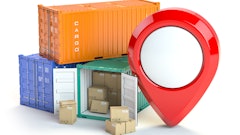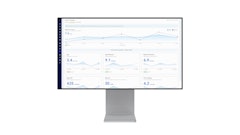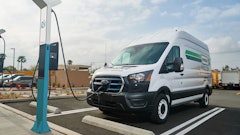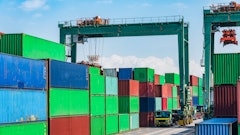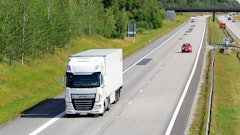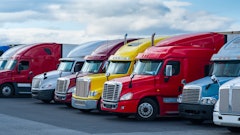
With more than half of fleets (65%) feeling environmental pressure to transition to alternative energy, many are operating a multi-energy fleet or are about to begin their transition while still experiencing a lack of awareness and readily available, trustworthy guidance, according to survey results from Teletrac Navman.
“Fleets of all sizes and scales are already planning and navigating their transition, but we know there simply isn’t enough credible information out there to help simplify what is a complex move for any business. Alternative energy is still such a new concept for many fleet operators and the process of switching can feel overwhelming,” says Alain Samaha, global president and CEO of Teletrac Navman.
Key takeaways:
- Less than half of respondents believe the governments will follow through with planned zero emissions mandates.
- Two-thirds of global fleets are currently operating PHEV, BEV or FCEV vehicles in their fleet. However, switching still presents challenges with emerging technologies, high vehicle cost and limited public charging points.
- Fleets list their Top 3 expenses as unstable fuel costs, equipment/vehicle maintenance and purchasing new equipment/vehicles.
- Driver wellbeing and safety technology is the No. 1 investment fleets are looking to make in 2024.
- When seeking guidance on transitioning fleets to electric or alternative energy, a quarter of respondents (25%) prefer advice from experts, and 15% would opt for dedicated training courses.
- 25% of respondents name tackling rising fuel costs as a key motivation, challenges still remain.
- In the United States, 46% of respondents doubt the government will go ahead with the planned ban on fossil fuels – outnumbered by Australia and New Zealand where 69% express doubts.
- 71% of respondents have seen improved driver performance through driver rewards programs.
- Rising fuel costs are considered in driver behavior management as well, with a 33% increase in businesses implementing new driver behavior programs in an effort to navigate rising fuel costs since last year.
- 96% say they have made measurable savings by implementing telematics across admin time savings, fuel savings and overall cost savings.
“The last 12 months have come with their own set of challenges for fleets, and rising insurance and fuel costs have been a leading concern for operators globally,” says Samaha. “This in turn has led to an even higher emphasis on safety, prompting operators to prioritize safe processes and behavior to manage costs effectively as well as look after staff wellbeing.”







